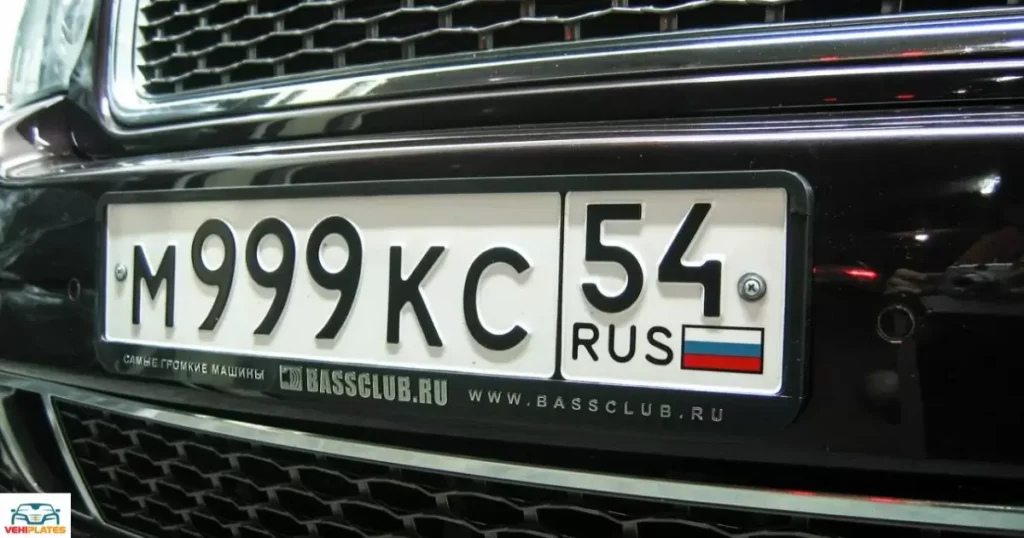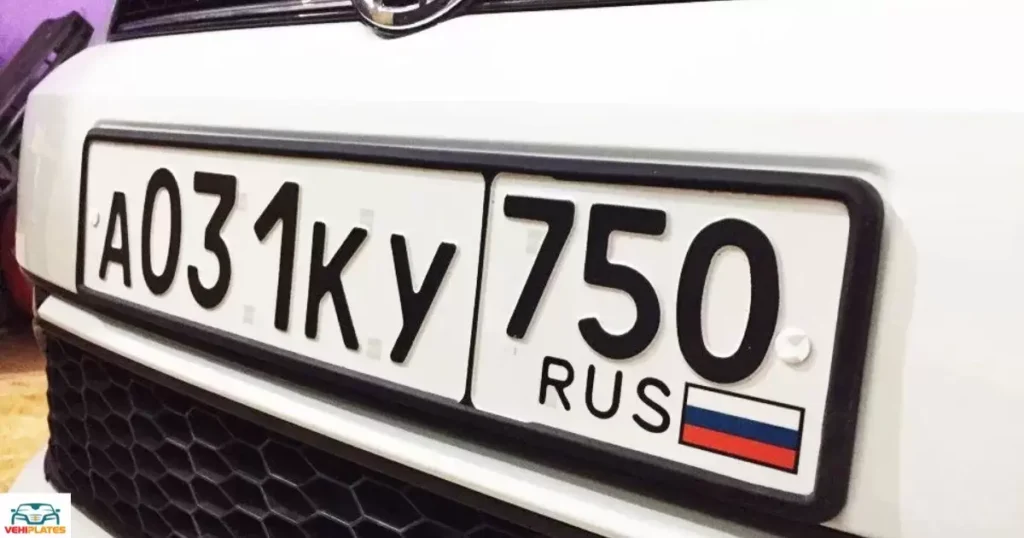In the realm of law enforcement and traffic regulations, the use of fictitious license plates presents a significant challenge. These plates are not authentic government-issued identifiers for vehicles but rather fabricated or altered to deceive authorities.
Understanding the implications and consequences of fictitious license plates is crucial in maintaining road safety and upholding legal standards.
Understanding Fictitious License Plates
Fictitious license plates, also known as counterfeit or fraudulent plates, are non-official identifiers affixed to vehicles to disguise their true identity.
These plates often mimic the design and format of genuine license plates issued by government agencies but lack the necessary authorization and registration. Here’s a deeper look into what constitutes a fictitious license plate:
Characteristics of Fictitious License Plates
Unauthorized Production: Fictitious license plates are usually produced without approval from government authorities. These authorities oversee vehicle registration.
Fabricated Details: They may feature inaccurate or nonexistent registration numbers, expiration dates, and jurisdictional identifiers.
Altered Authentic Plates: In some cases, individuals may alter authentic license plates. They tamper with the characters or stickers to create fictitious ones.
Deceptive Materials: Fictitious plates can be made from various materials. These include counterfeit decals, stickers, or even digital reproductions used to imitate legitimate plates.
Motivations Behind Fictitious License Plates

Criminal Activities: Fictitious license plates are often linked to criminal activities such as vehicle theft, smuggling, or fraud. They provide perpetrators with a way to conceal their identities or avoid detection.
Avoidance of Regulations: Individuals may use fictitious plates to circumvent vehicle registration requirements, insurance obligations, or outstanding fines.
Impersonation: Some drivers use fictitious plates. They do this to impersonate government officials or exploit privileges reserved for specific vehicle categories, like law enforcement or diplomatic vehicles.
Legal Ramifications
| Legal Ramifications | Description |
| Criminal Charges | Offenders may face criminal charges such as forgery, fraud, |
| Vehicle Impoundment | Law enforcement agencies have the authority to impound |
| License Revocation | Individuals caught using fictitious plates risk having their |
| Civil Penalties | In addition to criminal sanctions, offenders may be liable |
Fictitious license plates can lead to severe legal consequences, including criminal charges and the revocation of driving privileges.
It’s crucial for individuals to understand the gravity of using such plates and the impact on road safety. Moreover, is stealing a license plate a felony?
Combating Fictitious License Plates

Efforts to combat the proliferation of fictitious license plates involve technological advancements and law enforcement initiatives. Public awareness campaigns also play a crucial role in addressing this issue. Strategies aimed at addressing this issue include:
Enhanced Surveillance: Leveraging automated license plate recognition (ALPR) systems and surveillance cameras to identify vehicles with suspicious or fraudulent plates.
Sting Operations: Conducting targeted enforcement operations to apprehend individuals involved in the production, distribution, or use of fictitious plates.
Public Education: We educate motorists about the risks and consequences of fictitious license plates. Outreach programs, media campaigns, and community partnerships achieve this.
Collaboration with Agencies: Establishing partnerships between law enforcement agencies, motor vehicle departments, and other relevant stakeholders is the first step. These partnerships aim to share information and coordinate enforcement efforts effectively.
FAQ’s
How can I identify a fictitious license plate?
Fictitious license plates often have discrepancies in registration details or may appear altered or fabricated.
What are the potential consequences of using a fictitious license plate?
Using a fictitious license plate can lead to criminal charges, vehicle impoundment, license revocation, and civil penalties.
Can I use a fictitious license plate to avoid legal obligations?
Using a fictitious license plate is illegal. Severe consequences may result from it, and individuals could use it to evade vehicle registration, insurance requirements, or outstanding fines.
Conclusion
Fictitious license plates pose a significant challenge to law enforcement agencies and threaten public safety by enabling criminal activities and undermining regulatory frameworks.
Understanding the characteristics, motivations, and legal ramifications of fictitious plates is essential. It helps combat their proliferation and safeguard the integrity of vehicle identification systems.
Authorities can mitigate the risks associated with fictitious license plates. This requires a concerted effort involving technology, enforcement measures, and public engagement. This helps uphold the rule of law on the roadways.










